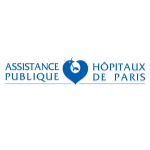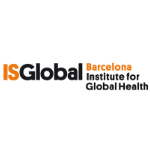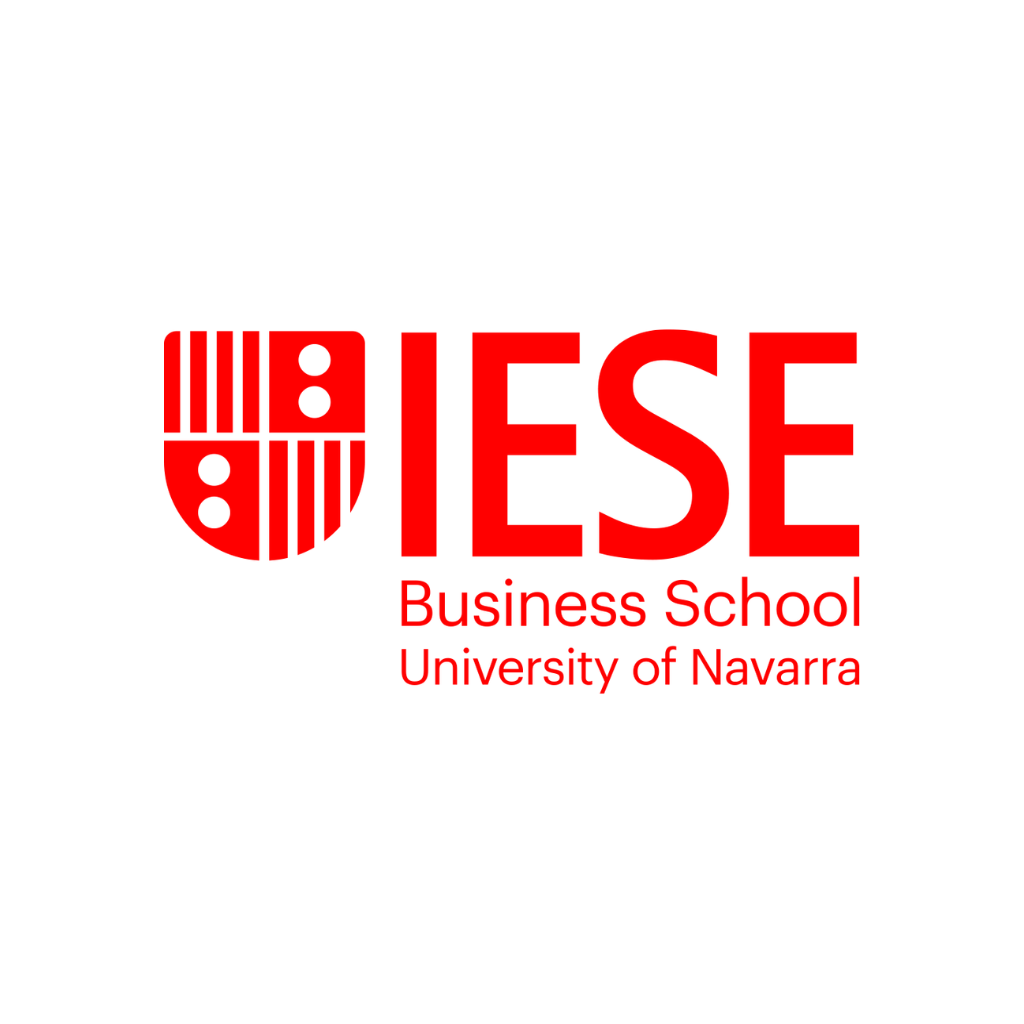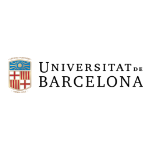Tool for a fast, simple, affordable and direct detection of β-lactamases in clinical samples
The system developed by BL-DetectTool uses a testing strip and a device that can be produced by 3D printer to detect the presence of drug resistant bacteria. This simple user-friendly innovation gives hospitals a powerful weapon in the fight against antimicrobial resistance, one of the greatest threats to public health that we face today.
Origins
Antimicrobial resistance has a high impact on public health and the economy. Every year, 700 000 people die worldwide because of infections caused by multidrug-resistant pathogens, and the costs for the treatment of these infections is estimated at €1.5 billion annually, in Europe alone. The BL-DetecTool is a promising innovation aimed at detecting drug resistant bacteria by identifying broad-spectrum β-lactamases (called ESBL and carbapenemases), directly from the patient’s sample.
Team
This project involves:
- three hospitals, ISGlobal (Spain); APHP (France); Semmelweis University (Hungary), which validate the BL-DetecTool and
- optimise operating procedures.
- one research organization, CEA (France), which designed and produces the BL-DetecTool.
- one business school, IESE (Spain), which establishes the business plan.
- one company, NG Biotech (France), which is involved in the production of the BL-DetecTool, and will market it when it is made commercially available.
The project
Rapid detection and identification of β-lactamases-producing bacteria is essential to prevent further spread of these dangerous bacteria and to provide appropriate antimicrobial therapy. BL-DectecTool seeks to optimise and validate a new detection system that is the first to allow fast, affordable, user-friendly and direct detection of β-lactamases in clinical samples.
The innovation consists of a β-lactamases detection strip, which is enclosed in a plastic device. The device, produced by 3D printing, carries out the sample treatment. It is smaller and more portable than current detection procedures, and it provides results much more quickly – in 30 minutes instead of 16 hours or more – and more affordably – at €10-20 per test instead of €40.
Through this project, the devices will be optimised and validated with real clinical samples. The operational procedures will be improved to fit with clinical habits and analytical specifications (sensitivity, specificity and reproducibility). At the end of the project, a business concept will be established and training tools for end-users will be provided to accelerate the industrial transfer and its implementation in care facilities. EIT Health funding of this project boosts the development, validation and launch to the market of this badly needed rapid diagnostic tool.
Impact
Faster, easier detection of anti-microbial resistant bacteria will mean that tests can be carried out more often, and that patients who need special treatment will be identified more quickly. The tool improves efficiency of treatment for these patients and reduces staff workload by making testing easier and quicker, which will benefit payers. By identifying resistant bacteria, it will help ensure patients only receive the antibiotics they need. The resulting reduction in prescriptions saves money and helps to slow the emergence of new resistant strains.
Why this is an EIT Health project
In recognition of the importance of this problem, EIT Health has identified efforts to combat antimicrobial resistance as a key challenge for its Wild Card projects. The BLDetecTool solution is in line with the EIT Health Focus Area of “Care Pathways”, as it promises to improve care of patients infected with resistant bacteria.
External partner:
- NG Biotech
Members

CLC/InnoStars: France
Partner classification: Research, Tech Transfer, Clusters, Other NGOs
The CEA is a public organisation,leader in research, development and innovation, active in 4 main areas: low-carbon energies, defense and security, information technologies and technologies for health, promoting the transfer from research to industry.
Key Activities in Business Creation
Incubation, Technology Transfer


CLC/InnoStars: France
Partner classification: Tech Transfer, Clusters, Other NGOs, Hospital / University Hospital
Partner type: Core Partner
We are a teaching hospital with a European dimension globally recognized. Our 39 hospitals attended each year 8 million sick people: consultation in emergency hospitalizations during scheduled or home hospitalization. We provide a public health service for all, 24/24, and it is for us both a duty and pride.
Assistance Publique - Hôpitaux de Paris
Assistance Publique - Hôpitaux de Paris, 1 Avenue Claude Vellefaux, 75010 Paris, France


CLC/InnoStars: Spain
Partner classification: Research
Partner type: Linked/Affiliated Party
Fundación privada Instituto de Salud Global Barcelona (ISGLOBAL)
Fundación privada Instituto de Salud Global Barcelona (ISGLOBAL), Carrer del Rosselló, 132, 08036 Barcelona, Spain
Key Activities in Business Creation
Testing & Validation
Key Activities in Education
Medical faculties, Healthcare professional education/training


CLC/InnoStars: Spain
Partner classification: Business, Education
IESE Business School is dedicated to training professional managers, with international educational programmes, including those with a particular focus on innovation management in the Health sector. IESE Centre for Research in Healthcare Innovation Management (CRHIM), created in 2012, builds on over 30 years of expertise in the sector. It enables public and private R&I projects to become a reference centre for health innovation management. Specialist areas include: Health management, health economics, business development, executive education, capacity-building activities.
IESE Business School (CHRIM)
IESE Business School (CHRIM), Av. de Pearson, 21, 08034 Barcelona, Spain
Key Activities in Business Creation
Finance & Investment, Business coaching
Key Activities in Education
Business Schools, Entrepreneurship training, Technical faculties, Healthcare professional education/training


CLC/InnoStars: InnoStars
Partner classification: Education, Research, Hospital / University Hospital
With over 240-year-old tradition, Semmelweis University (SU) is one of Europe’s leading centres for research and innovation in biomedical sciences and related fields. Based on the R&D index the SU is one of the country’s best Elite Research-Universities employing more than 1100 staff scientists in 140 active research teams. As the largest independent health care provider in Hungary, SU is providing excellent capacities for high quality testing and for the implementation of research results. SU is an international specialized public university with five faculties: Dentistry, Health and Public Services, Health Sciences, Medicine, Pharmacy. Study programs range from undergraduate to doctorate level and are offered in three languages at five faculties. The SU Innovation Centre was established in 2013 as a central university department in charge of R&D administration and support. It deals with technology transfer, third party funding, fundraising, knowledge management and entrepreneurship.
Semmelweis University (SE)
Semmelweis University (SE), Budapest, Üllői út 26, 1085 Hungary
Key Activities in Corporate Innovation
Pharma, Med Tech, ICT, Diagnostics, Imaging
Key Activities in Social Innovation
Healthcare provision
Key Activities in Business Creation
incubation, Technology Transfer, Testing & Validation
Key Activities in Education
Medical faculties, Healthcare professional education/training


CLC/InnoStars: Spain
Partner classification: Academic, Education, Research
The University of Barcelona is the most intensive university in research in Spain. Our university has a great capacity for innovation in various fields, of which the health sector stands out both due to the amount and the quality of the outcomes produced by faculties such as the Faculty of Medicine and Health Sciences, the Faculty of Pharmacy and Nutrition or the Faculty of Psychology. Our activity within the EIT Health projects is often enriched and sometimes dominated by the technology and/or knowledge created in the Faculties of Biology, Chemistry, Physics, Mathematics and Computer Science or even Fine Arts. We have also several Research Institutes that merge multidisciplinary teams working on topics as diverse as Neuroscience, Complex systems, Biomedicine, etc. as well as a couple of Technology Transfer Institutes such as CREATIO https://www.ub.edu/creatio/en/, the first Academic Center for the Production and Validation of Advanced Therapies in Spain, and Farmatec http://www.ub.edu/sdm/in_index.htm, a Service of Development of Medicines under GMP regulation
University of Barcelona
University of Barcelona, Gran Via de les Corts Catalanes, 585, 08007 Barcelona, España
Key Activities in Research and Developement
https://web.ub.edu/en/research
Key Activities in Corporate Innovation
https://web.ub.edu/en/the-university
Key Activities in Business Creation
https://startub.ub.edu/en/community/incubated-companies/
Key Activities in Education
https://web.ub.edu/en/learn
